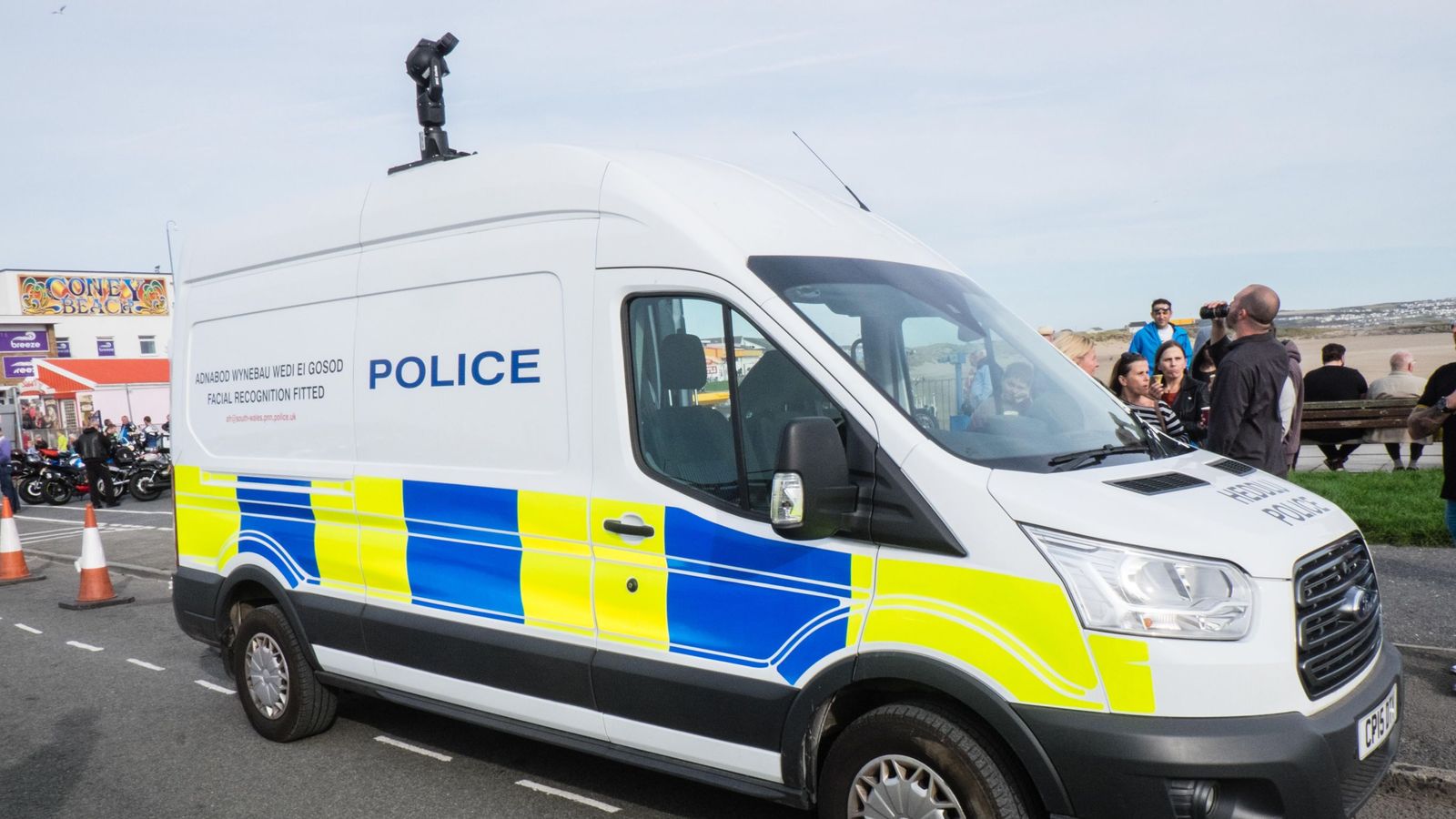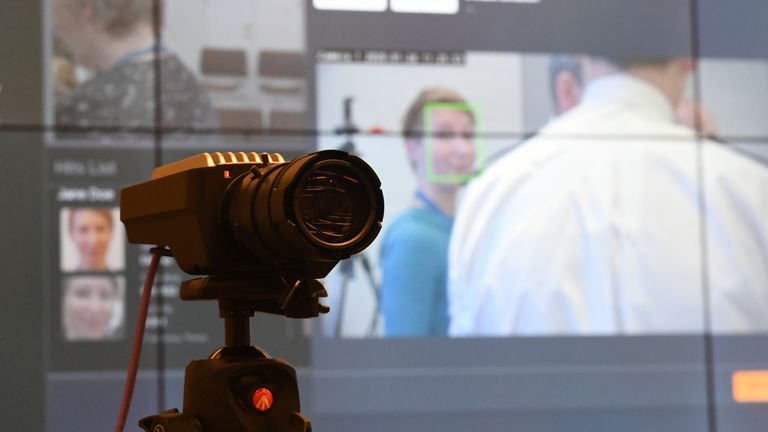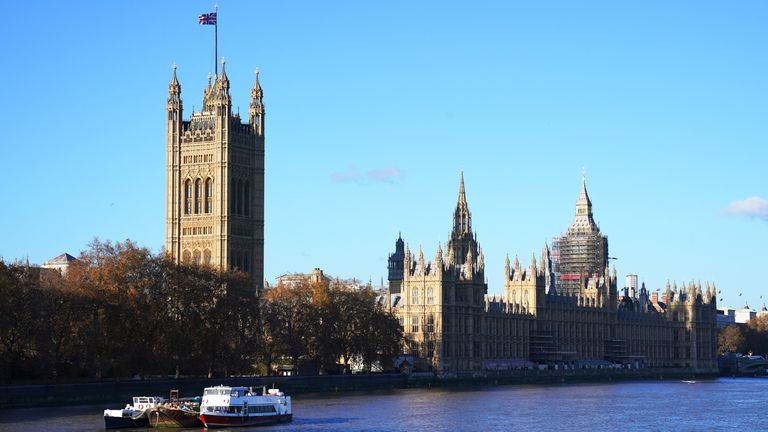Police have been warned against using live facial recognition technology to identify potential witnesses and not just suspects.
Fraser Sampson, the biometrics and surveillance camera commissioner, has described the proposal by the College of Policing as a “somewhat sinister development”.
It “treats everyone like walk-on extras on a police film set rather than as individual citizens free to travel, meet and talk,” he warned.
The commissioner was responding to guidance from the College of Policing which suggested victims of crimes and potential witnesses could be placed on police watchlists.
“How commonplace will it become to be stopped in our cities, transport hubs, outside arenas or school grounds and required to prove our identity?” asked Mr Samspon
The former officer for West Yorkshire Police and the British Transport Police said: “The ramifications for our constitutional freedoms in that future are profound.
“Is the status of the UK citizen shifting from our jealously guarded presumption of innocence to that of ‘suspected until we have proved our identity to the satisfaction of the examining officer’?
“If so, that will require more than [guidance] from the College of Policing: it will require parliamentary debate,” he said.
The issue is expected to be raised in the House of Lords this week by Liberal Democrat peer Lord Clement-Jones.
Civil liberty groups have also criticised the College of Policing’s Authorised Professional Practice document, describing it as an “atrocious policy and a hammer blow for privacy and liberty”.
It followed a Court of Appeal ruling in 2020 that the use of facial recognition cameras by South Wales Police as part of a pilot scheme breached privacy rights and broke equalities law.
The controversial technology has been in use in the UK since at least 2015 when it was used to check if known pickpockets were among Download Festival attendees. None were identified.
As revealed by Sky News in 2019, an independent study commissioned by the Metropolitan Police found that 81% of suspects flagged by the system were actually misidentified.
The Metropolitan Police subsequently criticised the study.
Last year Sky News revealed that at least 27 schools in England were using the technology to take lunch payments, alongside an expected 22 schools in Scotland.
The news caused concern from parents and campaigners who warned that it normalised exposing children to biometric surveillance, and complained that they weren’t confident students were being adequately informed about the privacy risk.
Sky News understands that the Department for Education is currently working on guidance regarding the technology.


